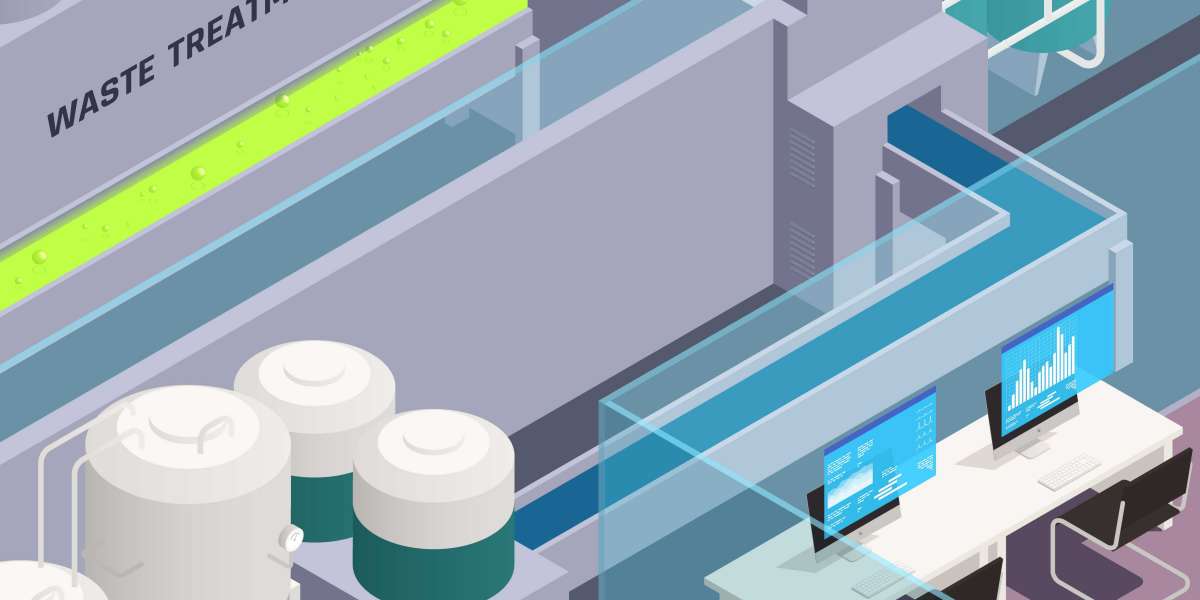Have you ever turned on a tap or flushed the toilet and wondered what happens next? Probably not—and that’s okay. Clean water shows up, dirty water disappears, and life goes on. But behind the scenes, water and wastewater treatment plants are working non-stop. These plants used to rely on people doing everything manually, which was slow, costly, and sometimes even risky.
Today, there’s a smarter way to handle it all—SCADA systems.
What Is SCADA?
SCADA stands for Supervisory Control and Data Acquisition. That might sound complicated, but it’s really just a smart system that helps run water treatment plants more safely and efficiently.
Here’s what SCADA does:
- Keeps an eye on everything with sensors
- Controls machines like pumps and valves
- Sends alerts when something’s not right
Instead of waiting for problems, SCADA helps stop them before they happen.
How SCADA Is Making Water Treatment Better
1. Live Updates, All the Time
SCADA shows what’s happening right now. It monitors:
- Water pressure and flow
- Chemical levels (like chlorine)
- Machine performance
If anything leaks or breaks, SCADA sends a quick alert so workers can fix it fast.
2. Safer for Workers
Water plants can be dangerous. There are chemicals, heavy machines, and even security risks. SCADA makes things safer by:
- Linking to cameras and alarms
- Allowing remote checks, so fewer people are on-site
- Catching cyber threats early
3. Saving Money and Power
Water treatment costs a lot—but SCADA helps cut those costs. It:
- Turns machines on only when needed
- Spots leaks early
- Keeps perfect records to meet rules and avoid fines
4. Less Waste, Better Quality
Water loss is a huge problem, especially with old pipes. SCADA helps by:
- Finding leaks through pressure changes
- Using just the right amount of chemicals
- Noticing when machines need fixing—before they fail
Where SCADA Does the Most Good
- Water Treatment Plants: From filtering to disinfecting, SCADA watches it all. Operators can control everything from a computer screen.
- Pumping Stations: All pumps can be managed in one place. SCADA even warns before a motor fails.
- Water Distribution Systems: SCADA tracks flow and pressure to find leaks before they get worse.
- Wastewater Systems: It spots blockages and overflow risks early, preventing big problems.
SCADA Is the Future of Water Management
SCADA isn’t just useful—it’s becoming a must-have. It gives:
- Round-the-clock monitoring
- Lower costs and energy use
- Fewer breakdowns
- Better rule-following and reports
With SCADA, water services are getting smarter, faster, and more reliable.
Final Thought
So, the next time you enjoy clean water or flush without worry, think of the silent hero behind it all. Thanks to SCADA, water and wastewater systems are running smoother, safer, and smarter than ever.
Cognidel is a leading industrial automation training institute offering comprehensive PLC SCADA training in Bangalore, designed to equip students and professionals with practical skills in programmable logic controllers and supervisory control systems. With a strong focus on hands-on learning, Cognidel bridges the gap between theoretical knowledge and real-world applications, making it a preferred choice for aspiring automation engineers. The institute's curriculum is industry-aligned, and its expert trainers ensure that learners gain in-depth understanding of automation technologies used in sectors like manufacturing, water treatment, and power generation.




